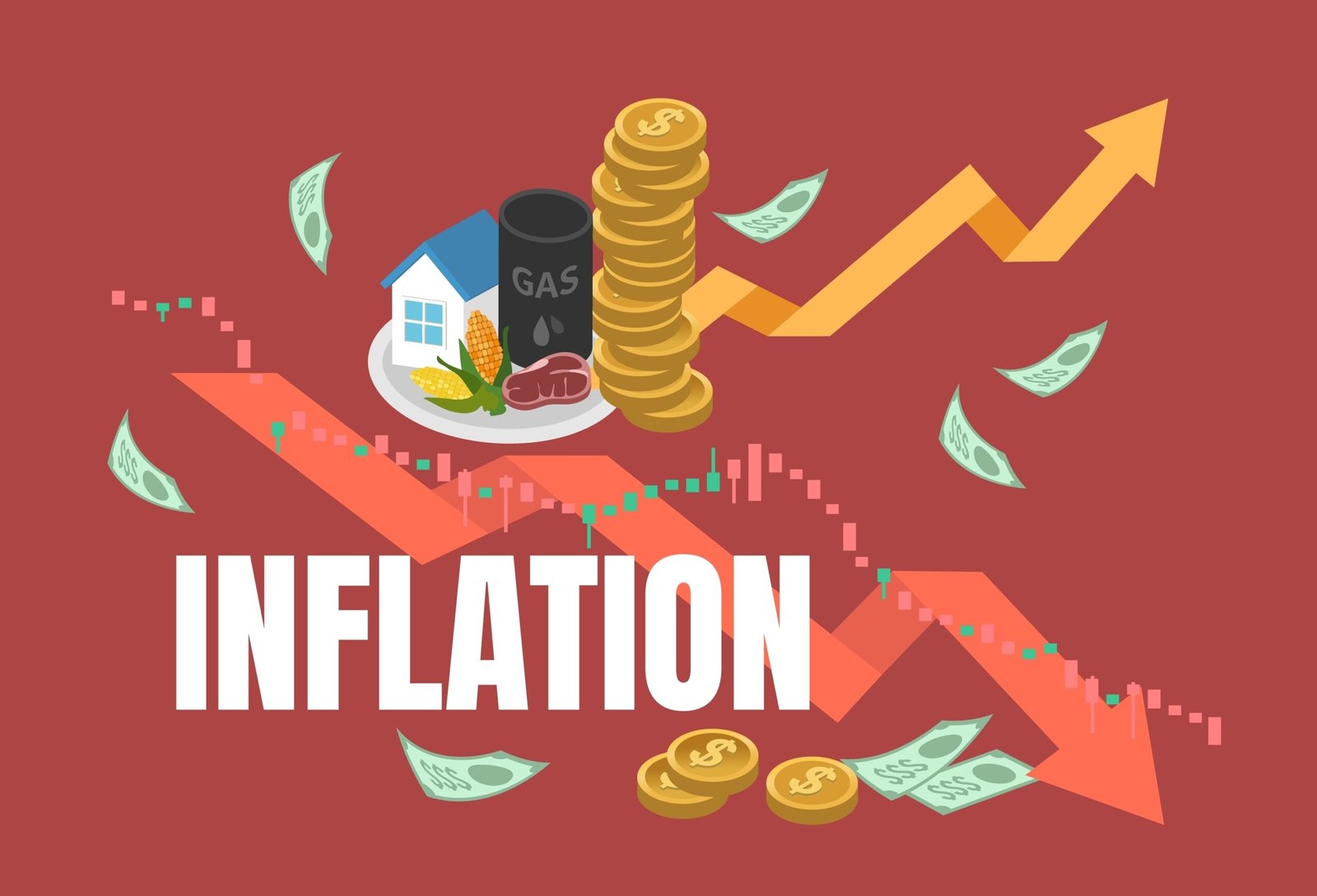
Mortgage Rates Edge Up Following Stronger Economic Data – 05/02/2025
Mortgage rates moved modestly higher this week as fresh economic data surprised markets with stronger-than-expected results. While not overwhelmingly positive, the reports were more resilient than anticipated—pushing rates upward in response.
Interest rates are closely tied to the bond market, and bond investors carefully watch economic indicators for signs of inflation, growth, or weakness. Earlier in April, the market’s focus had shifted toward concerns over trade tariffs and geopolitical developments. However, attention quickly returned to economic fundamentals following the release of several key reports.
One such indicator was the S&P Global Manufacturing PMI, which showed signs of renewed factory activity. This was followed by the ISM Manufacturing Index—a separate but influential gauge—which, while not outright strong, revealed several components performing better than expected. Notably, inflationary pressures within the report remained stubbornly high, which tends to put upward pressure on interest rates.
Markets had been hoping for signs that global uncertainties were beginning to weigh more heavily on the U.S. economy. Instead, the data suggested ongoing resilience. As a result, the expectation of near-term rate cuts was dampened, prompting bond yields—and mortgage rates—to rise.
Volatility picked up again on Friday with the release of the monthly jobs report. Despite some downward revisions to previous months, non-farm payroll growth exceeded forecasts, and the unemployment rate held steady, even as labor force participation increased. This strong performance reinforced the idea that the economy isn’t cooling as quickly as some had hoped—again, a signal that the Federal Reserve may not be in a hurry to cut rates.
Together, Thursday and Friday’s economic releases effectively erased the drop in Fed rate cut expectations that had developed over the previous week.
What This Means for Borrowers
Although this week’s increase in mortgage rates was moderate, it was meaningful. The 10-year Treasury yield, which serves as a benchmark for long-term mortgage rates, remains in the lower half of its range going back to late 2024—but it has climbed slightly this week.
Average mortgage rates as of today are:
-
30-Year Fixed: 6.90% (+0.07)
-
15-Year Fixed: 6.19% (+0.03)
-
30-Year FHA: 6.28% (+0.08)
It’s worth noting that some weekly mortgage rate surveys (such as those from Freddie Mac or the Mortgage Bankers Association) may suggest that rates fell this week. However, these surveys often miss late-week changes and did not fully capture the uptick that occurred after Thursday’s and Friday’s reports.
Bottom Line
While rates remain within a relatively stable range, this week’s data reminds us that markets are highly sensitive to economic news. Homebuyers and homeowners considering refinancing should keep a close eye on trends and consider locking in rates when favorable conditions arise.
If you’re navigating the mortgage process in the Raleigh area, the team at Certified Home Loans is here to help with expert guidance, competitive rates, and personalized service.
📞 Contact us today to discuss your options and take advantage of market opportunities before rates potentially rise further.





